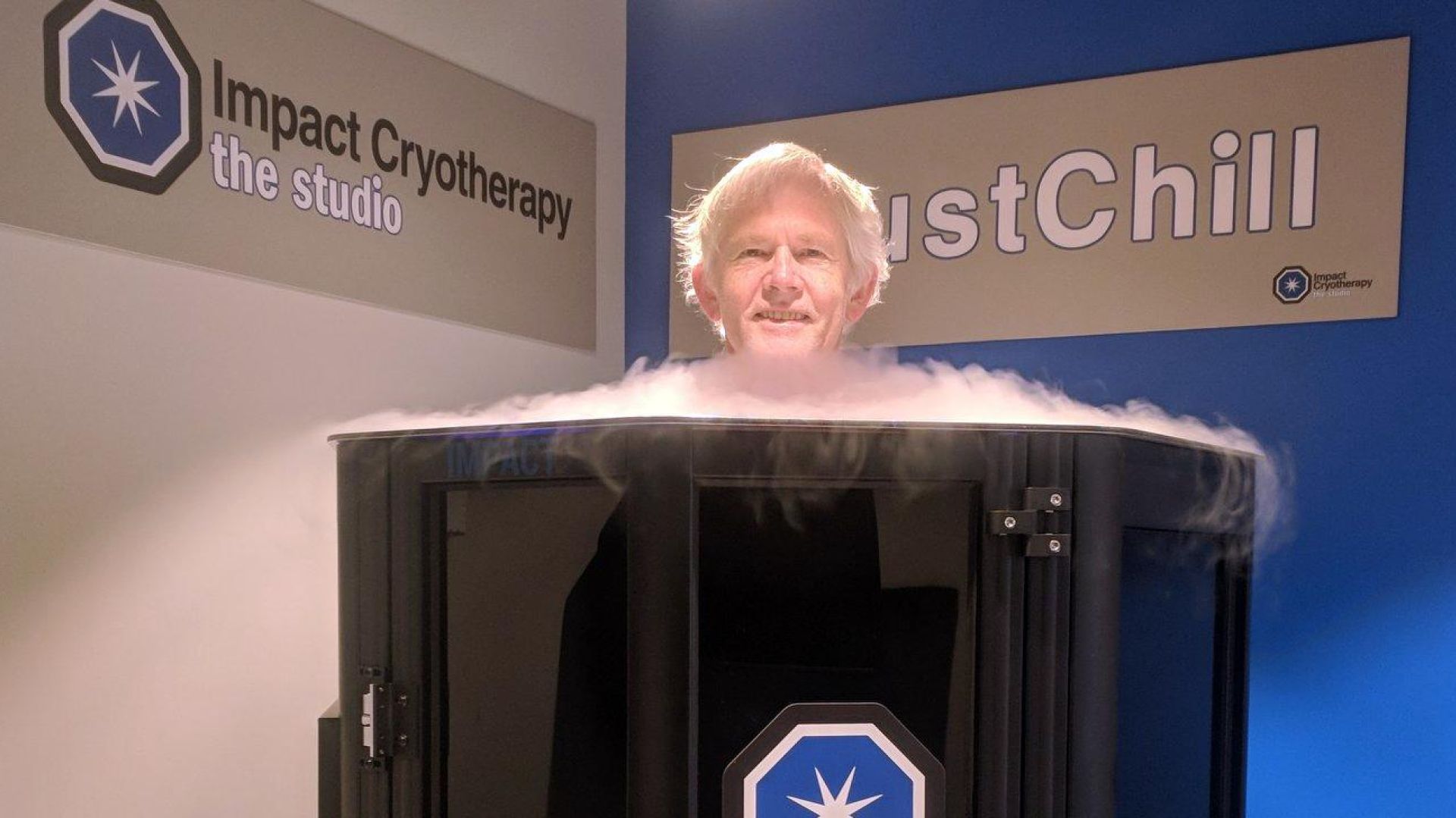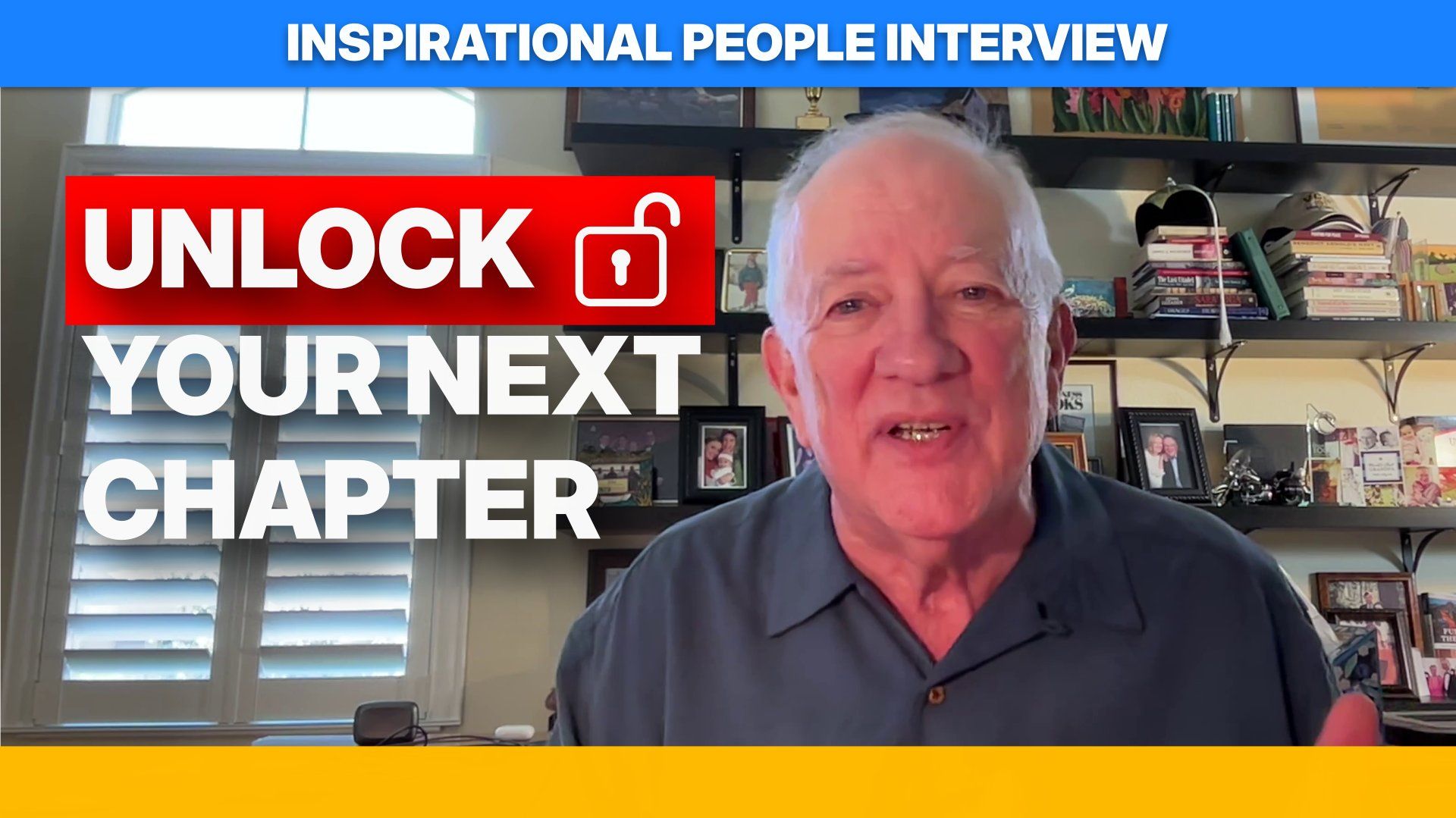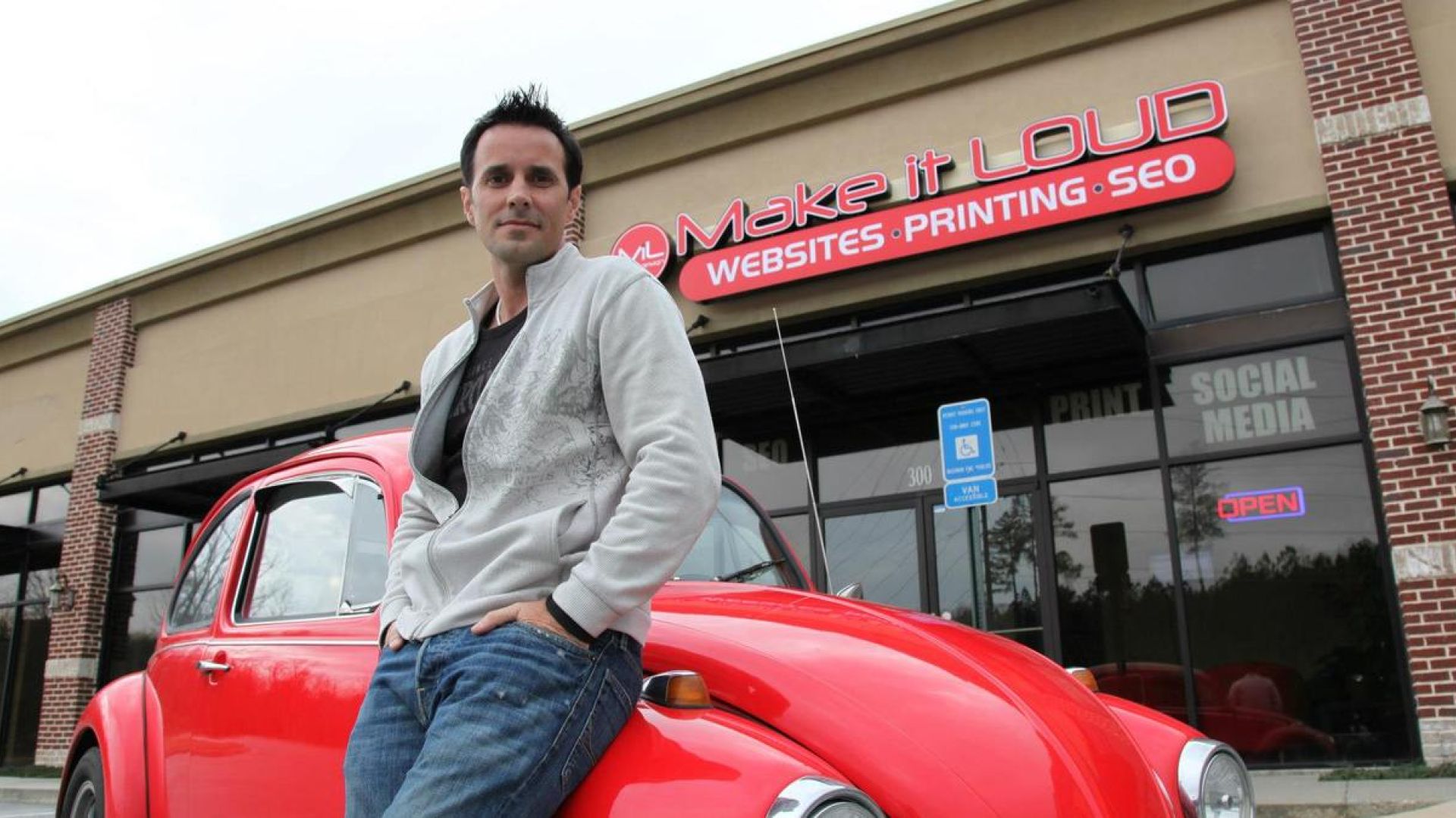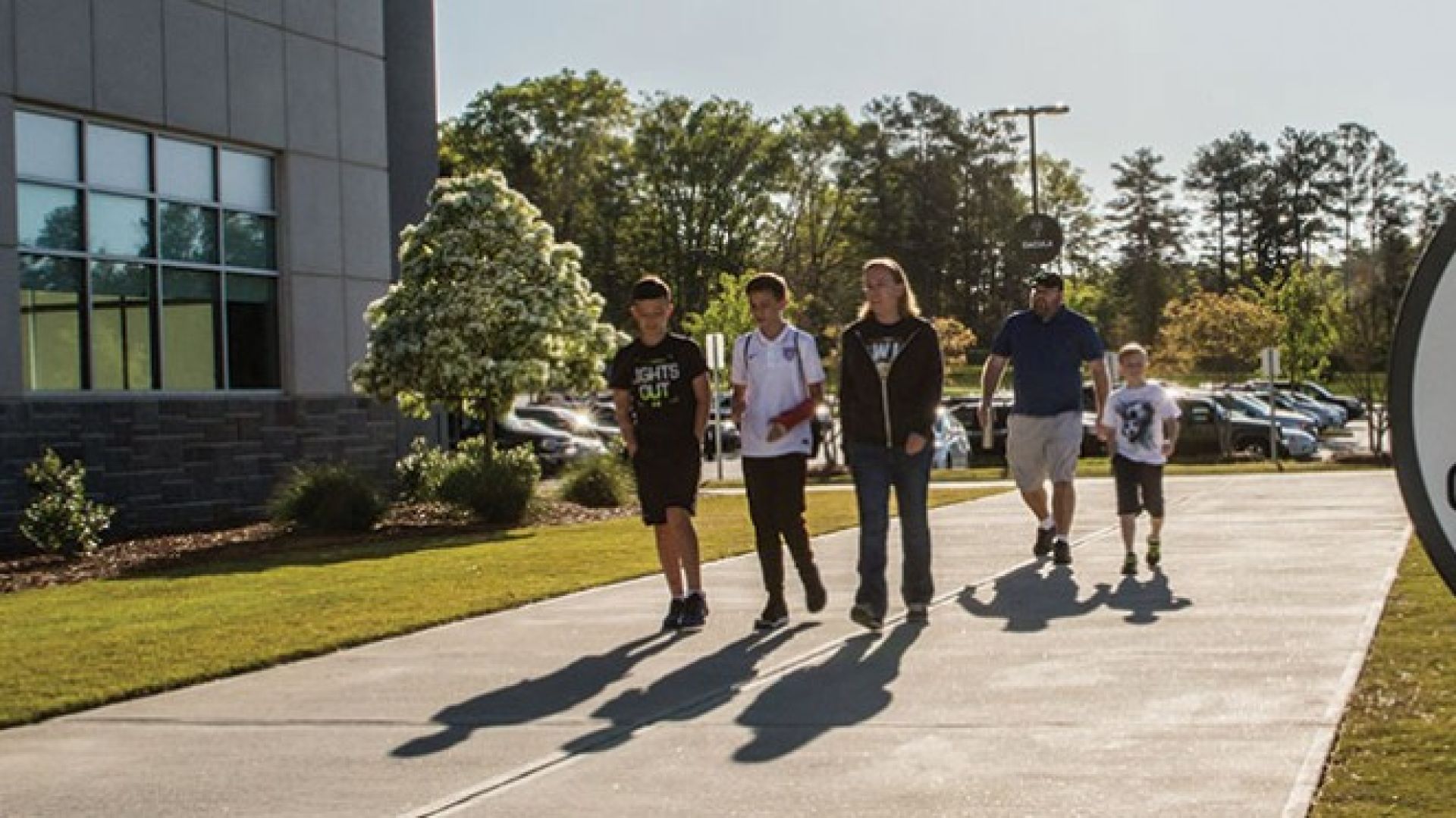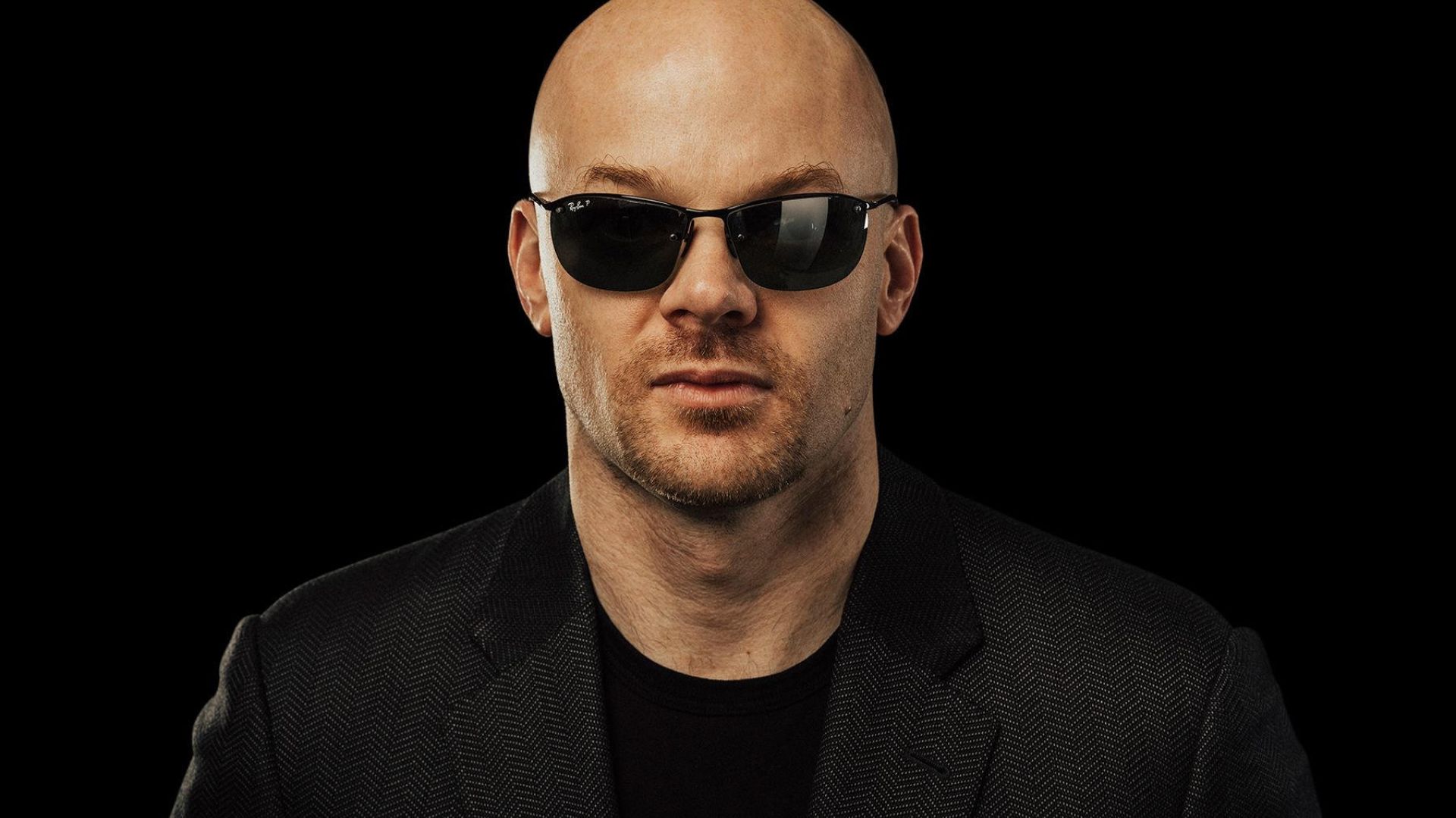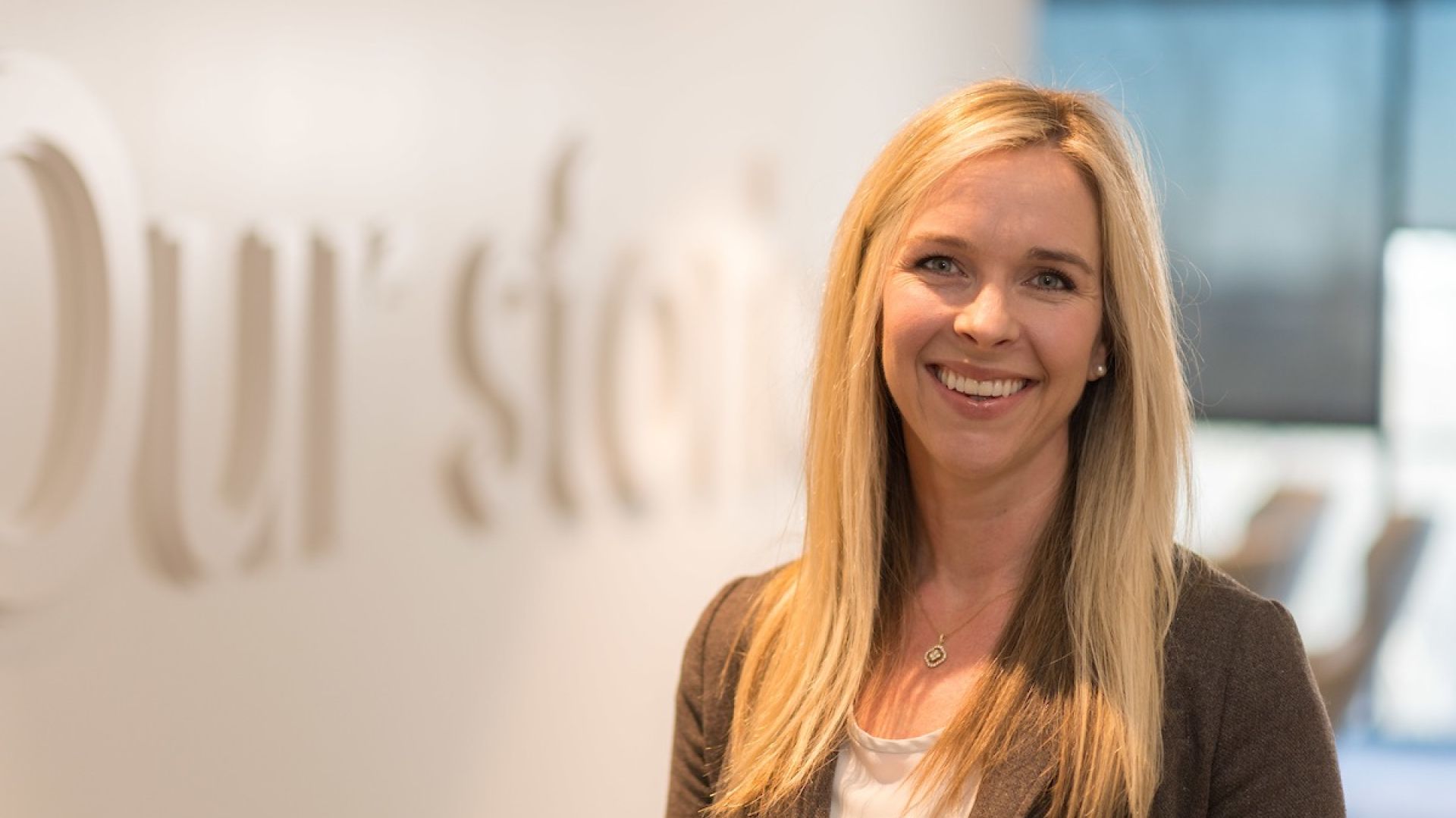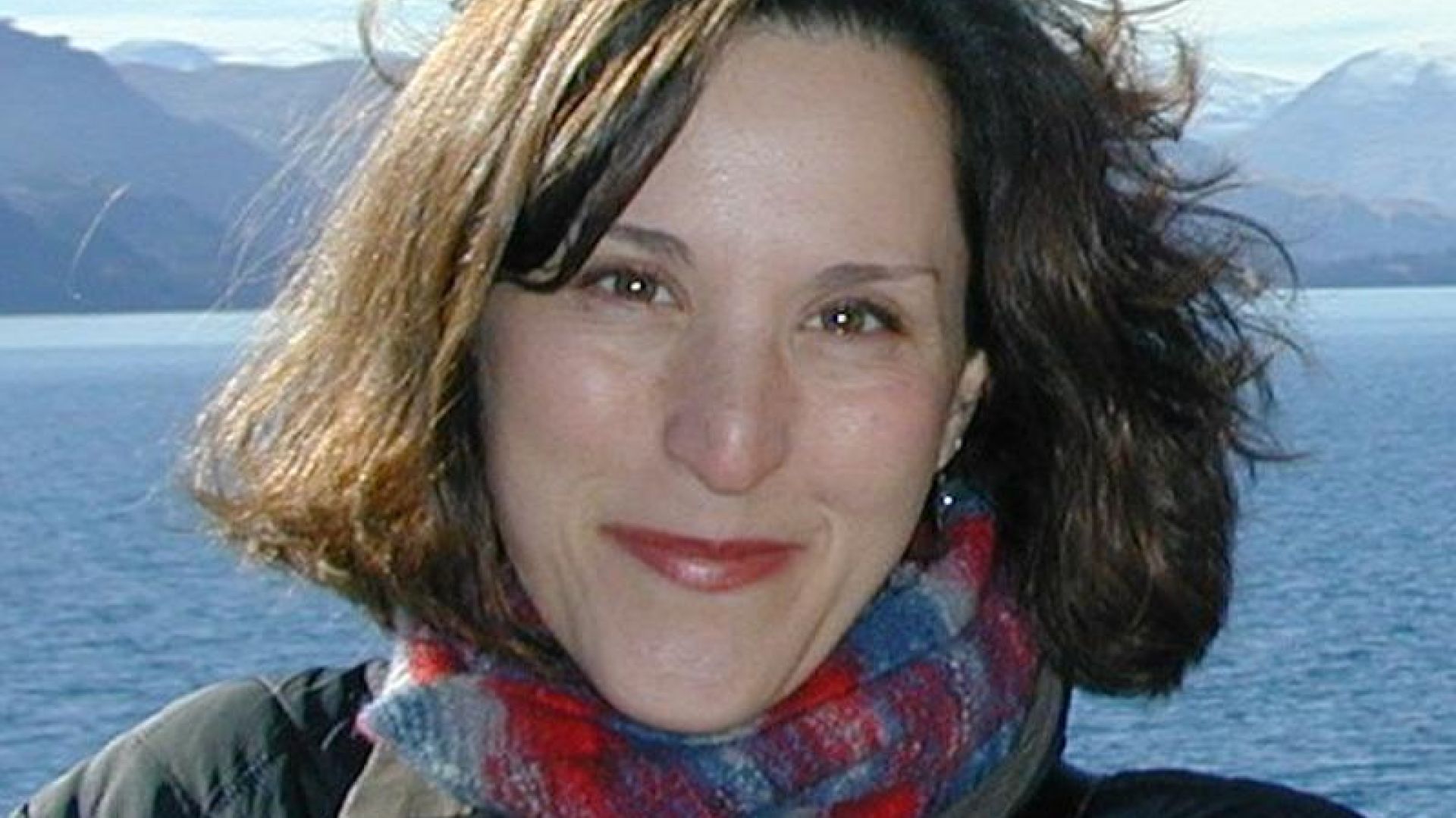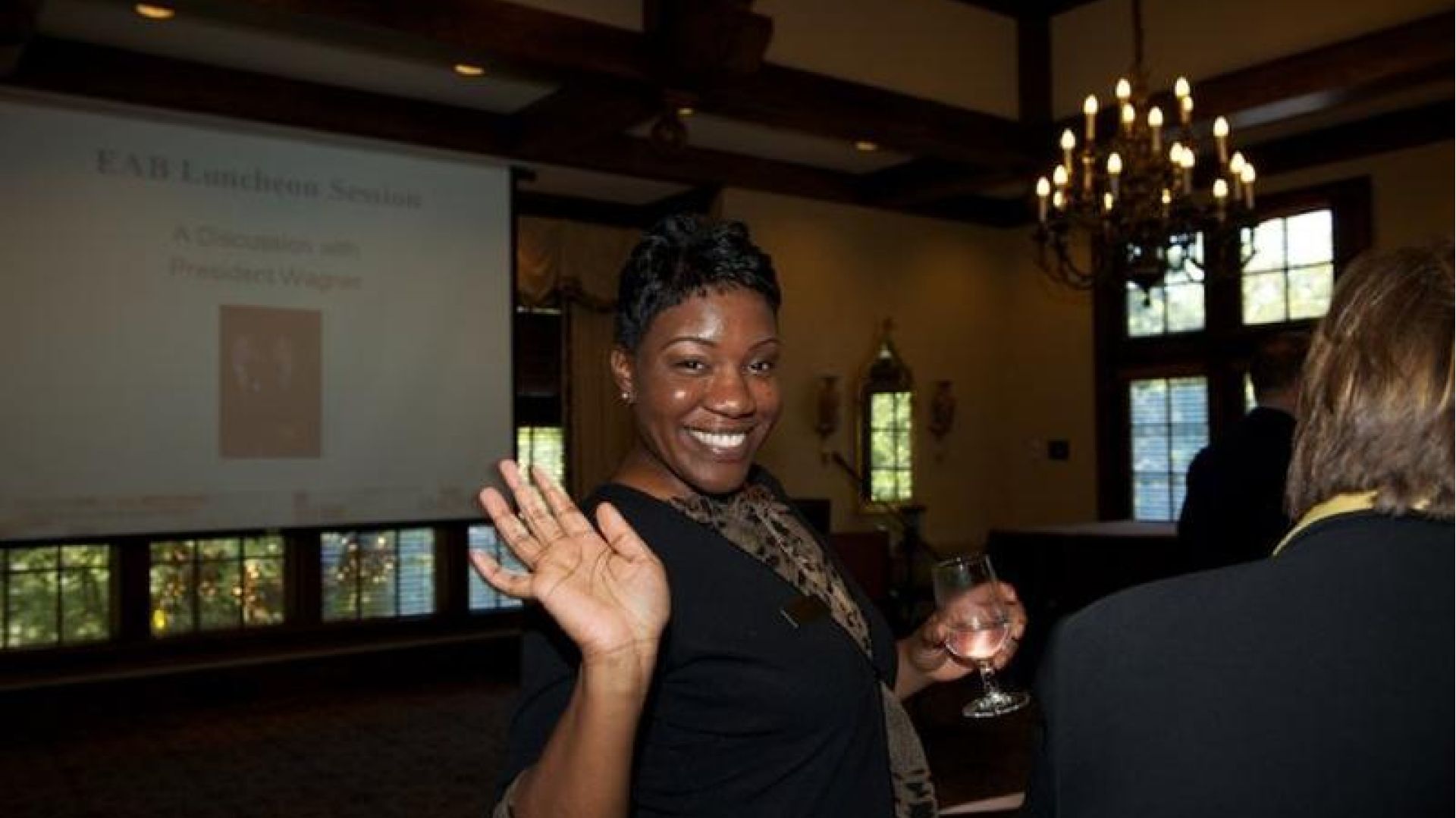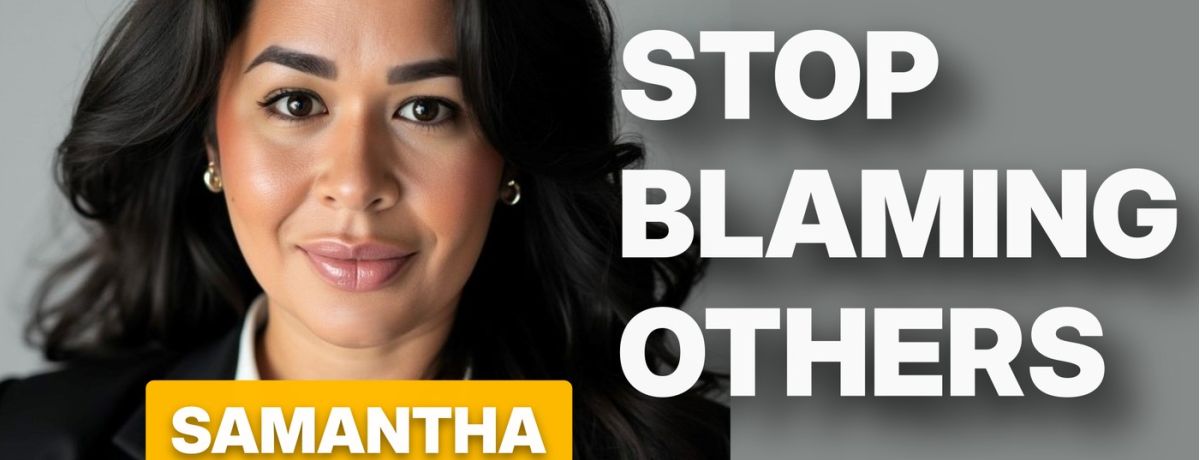
How a Six Sigma Black Belt — Samantha Piovesan — is Fixing Local Government (No Rework Allowed)
Ever feel like city leaders are talking at you, not with you? Like they're just checking boxes while you're left to deal with the chaos?
You're not wrong. Here's the harsh truth: many times, people want to jump into solutions (without planning or listening), and that's just not realistic or effective.

The System Is Broken. It Needs a Black Belt. 🥋
Citizens want leadership that does things smarter and more efficiently—no rework (redone work due to no planning)! They want someone who doesn't just talk about being a "proven problem solver," but actually is one.
Samantha Piovesan is a black belt in multiple disciplines, including Six Sigma (Master Black Belt), recognized for delivering $100 million in budget project savings in her career! She's flipping the script on how a city should be run.
In this interview, you'll discover:
- How most leaders fail by skipping the essential step of sitting down and talking to the people who actually do the process itself or are impacted by it.
- The shockingly simple house analogy that proves why focusing only on 'people' or only on 'process' will make your city topple over.
- How to adopt the progress over perfection mindset that actually gets things done without wasting your time.
- The powerful, single biggest thing she learned from a mentor that helped her build a brand of power and fierceness, which she now brings to the city council.
Get the insights that will change how you think about city management, accountability, and the power of people-first processes!
Click here to watch the full inspirational people interview on the Share Life podcast.
P.S. If you're tired of seeing a massive divide in local government and want someone who promises, "my word is my bond," this is the leader you need to know about. You can silence one, but you can’t silence the many. Let's make a difference, together.
- Watch: Click here to watch this discussion on YouTube directly, or click play on the embedded video below to begin streaming the interview. Click here to subscribe to my YouTube channel.
- Listen: Click here to listen on Spotify directly, or click play below to immediately begin streaming. You can also find this discussion on Pocket Casts, iTunes, Spotify, and wherever you listen to podcasts under the name Share Life: Systems and Stories to Live Better & Work Smarter or Jason Scott Montoya.
Connect With Samantha Piovesan
FAQ
What position is Samantha Piovesan running for? Samantha Piovesan is running for Sugar Hill City Council, Post 5. [00:26] What is Samantha Piovesan's professional background? She is a highly accomplished leader with over 15 years of experience in business strategy and operational excellence, holding a Six Sigma Master Black Belt and is recognized for delivering $100 million in budget project savings. [00:30] What community advocacy work is Samantha Piovesan involved in? She is the President of the Sugar Hill Inclusion Task Force, founder of the nonprofit Gabe's Friends (supporting families with children on the autism spectrum), and drives the Sugar Hill Inclusive Playground Project. [00:30] What is Samantha Piovesan's campaign platform focused on? Her platform is focused on continuous improvement, fiscal responsibility, and community transparency. [00:30] Where is Samantha Piovesan from? She is a "Georgia Peach," born and raised in Suwannee, though she also lived in New Orleans and Dallas before moving to Sugar Hill. [01:37] How did Samantha Piovesan's brother influence her career path? Her older brother, who is on the autism spectrum, inspired her to start working at age 14 to help fund his therapies, leading to her passion for advocacy and the founding of Gabe's Friends. [01:37] What is Six Sigma in simple terms? Six Sigma is a methodology focused on achieving 99.9% perfection in processes by dissecting problems, eliminating waste and defects, and streamlining operations to be more efficient. [13:21] Why does Samantha Piovesan prioritize responsibility over blaming others? She has been taught to be self-aware and believes that admitting mistakes is crucial for growth. She prioritizes progress over perfection and finds that owning mistakes builds trust. [17:10] What is Samantha Piovesan's advice for finding a mentor? She advises people to go find it by seeking out diverse mentors: someone they resonate with, someone who pushes them out of their comfort zone, and someone who is their complete opposite. [22:39] How does Samantha Piovesan define "working smarter"? Working smarter means focusing on efficiency, being a strategist and planner, and eliminating rework (doing something wrong the first time and having to do it again) because rework costs time and money. [29:03] How does Six Sigma relate to running a city government? She views a city like a business where the people (constituents) and the process (city operations) are the two critical pillars that must be balanced to maintain the "roof" of the budget and revenue. [31:12] What is Samantha Piovesan's motivation for running for City Council? She states that the campaign is personal because she loves the city, her kids live there, and she is committed to fighting for all the residents she's built relationships with. [44:02] What is Samantha Piovesan's main goal if elected to the City Council? She wants to be remembered as someone who kept her word, dedicated herself to gathering and executing on resident feedback, and got things done (including building the inclusive park). [48:15]
Podcast Episode Transcript
Jason Montoya (00:00.994): Welcome to an inspirational people interview on the Share Life podcast. In this episode, I'm speaking with Samantha Piovesan. Samantha, say hello. Did I get your name right, or have I butchered it? You are running for Sugar Hill City Council, and people don't necessarily need to remember how to say your last name; they just need to know that Samantha is who they want to vote for, is that right? Samantha Piovesan (00:10.507): You did! You did! I'm so proud. Hi, everyone, so glad to be here. Samantha Piovesan (00:26.829): That's correct, and to remember that I'm running for Post 5. Jason Montoya (00:30.836): All right, Post 5, and we'll talk a little more about that later. But just to introduce Samantha, she is a highly accomplished leader with over 15 years of experience in business strategy and operational excellence, including high-level certifications like Six Sigma Master Black Belt. She's not just a strategist; she's a proven problem-solver, recognized for delivering $100 million in budget project savings in her career. Beyond the numbers, Samantha is a dedicated community advocate here in Sugar Hill. She currently serves as President of the Sugar Hill Inclusion Task Force and is the founder of the nonprofit Gabe's Friends, which supports families with children on the autism spectrum. She is also the driving force behind the new Sugar Hill Inclusive Playground Project. Samantha is running for City Council on a platform of continuous improvement, fiscal responsibility, and community transparency. Did I miss anything in my introduction, Samantha? Samantha Piovesan (01:28.973): Man, that was awesome. Thank you. No, I love it. Jason Montoya (01:30.403): Awesome. Well, tell us, who are you and where do you come from? Samantha Piovesan (01:37.007): Oh man, the question of the day! Samantha Piovesan—I think that's the biggest thing, how to say the last name. I am born and raised in Suwannee, so I am a Georgia Peach, a Southern Belle. I am the oldest of two. My brother, Carlos, is on the spectrum, and a lot of who I am today is because of him. There's a 14-year age gap between us. When my parents received his diagnosis, healthcare wasn't covered back then for speech or occupational therapies. So, I looked at my parents and said, "Listen, focus on my brother. Don't worry about me. I can figure out how to get a job, how to take care of myself, but financially allocate anything you put toward me, put it toward my brother and his therapies." I immediately got a job, starting work at 14 for Karate for Kids—which is now Karate Atlanta—and I actually have a black belt in Taekwondo. That experience molded me in learning respect and integrity through the martial arts, and also how to run a business through entrepreneurship, learning business acumen, and finances at 14. I evolved from instructor to program director. I was probably almost light-years ahead of the other kids my age because I had that experience and environment that really molded me into an independent young adult. Today, I am a compliance expert, a Master Six Sigma Black Belt for a Fortune 5 pharmaceutical company, where I oversee compliance integrity. I'm a fraud investigator specializing in government and healthcare fraud. I have a spouse named Steven, and we have three amazing kiddos: a 17-year-old daughter, a 13-year-old son, and a 12-year-old son. I feel beyond blessed to be able to live in this community and have the opportunity to serve potentially through the Council. Jason Montoya (05:00.280): So you were born in Suwannee; you're now in Sugar Hill. Was there another location in between? Samantha Piovesan (05:15.406): I did live in New Orleans for 12 years. I went to Loyola University in New Orleans for my undergrad. It was amazing—the arts, the food, the ambiance. But at that point, I had to decide whether I was going to commit to my career or raise my son, who was only six months old, in a city that wasn't very safe and didn't have the amenities he needed. Of course, I picked my kiddo. Within a couple of weeks, we packed and moved back to Georgia. I also lived in Dallas for about three or four years after being asked to spearhead a large project for our CFO. Thankfully, a great thing about COVID is we became remote. Of course, I missed my family. I asked my kid, "Do you want to stay in Dallas or do you want to move back to Georgia?" He said, "No, I want to be next to my Nana." Family is really important to me and my kids, so we moved back. So New Orleans for 12 years, Dallas for four years, but always back in the heart of where I'm from, and that's always going to be Sugar Hill. Jason Montoya (07:01.470): And when you came back, did you go straight to Sugar Hill? Samantha Piovesan (07:07.242): I did, yes. I came straight to Sugar Hill. Being someone born and raised in Suwannee, it just didn't make sense for me to be there. I wanted to be in an environment where my kids could thrive, where it wasn't so congested, where I could meet someone and know I'd probably run into them again—where the city is intimate, family-oriented, and not so conglomerate focused. I wanted that small business, boutique ambiance, and Sugar Hill just made sense for me. Jason Montoya (07:55.042): Now, you said your brother being on the autistic spectrum shaped you. Tell us about that. Samantha Piovesan (08:03.508): Absolutely. A lot of my background is in advocacy, and that started with my brother. It was figuring out how to not only support my parents but also learn more as a sister. My 12-year-old son, Gabriel, is also on the spectrum, and that's how my nonprofit, Gabe's Friends, came about—I went through that journey as a sister and as a mother. When my brother was born, I started to realize that children take time and money. I started to learn responsibility fairly early because my parents were entrepreneurs. I felt like I was less his sister and more his second mom. When we got that diagnosis in 2003, seeing my parents go through that grieving process, it triggered something in me: I wanted to learn more and be able to provide support to families who were in shock. In college, I saw a sign looking for therapists to train and conduct Applied Behavior Analysis (ABA) therapy. I saw that as an opportunity to get training, help other families, and take that knowledge back to my own. As I educated myself on autism and different therapeutic approaches, it became obvious to me that this was an area I was passionate about. Jason Montoya (11:01.474): For those of us who haven't had that experience, what are the blind spots—the things you see that we don't—about ourselves and our communities? Samantha Piovesan (11:16.310): I think the first thing is understanding that the spectrum is not linear. If you know one person with autism, you know one person with autism; the need, the support—all of it is so different. The very first thing I would guide anyone on is just to be kind. Never assume a child having a temper tantrum is due to bad behavior. I remember a man judging me when my son was having a neurological meltdown at the mall because it was too crowded and too noisy. I had to explain that my son has autism, and those things trigger a meltdown, and I need to send him to a safe space. The second thing is ask to help. Sometimes people are too consumed to offer help. That goes a long way. That's why one of the largest initiatives I worked on was a sensory room within our downtown area—a room where anyone can decompress, whether you have autism, are a veteran with PTSD, or a mom who needs a private space to nurse her newborn. Jason Montoya (13:16.332): For those that don't understand what Six Sigma is, tell us about that. Samantha Piovesan (13:21.863): Six Sigma is an Asian-based methodology. Different levels of Sigma refer to the waste or defect within your processes. Six Sigma means you have 99.9% perfection within your process. What it basically means is that I can go into any area, look at a problem, dissect it, and figure out how to put it back together. I help Fortune 5 companies streamline and make their processes more efficient. Jason Montoya (14:22.338): So, you're a person that gets things done with excellence. Samantha Piovesan (14:28.460): I try to. A lot of what goes into Six Sigma is change management. You have to sit back, listen, and analyze the current state. Many times, people want to jump into solutions, which isn't realistic. You have to understand everything from beginning to end, then identify where it's broken, and then identify how to fix it. We often miss sitting down and talking to the people who actually do the process or are impacted by it—the residents and constituents in the city of Sugar Hill. That's why I'm so passionate about integrating Six Sigma into our government, because running a city is just like running a business: you have processes, policies, risks to mitigate, people, and customers. Jason Montoya (15:47.500): Kind of going back to the man who criticized you, he made assumptions that led to an unhelpful conclusion. If he had listened and wanted to help, he could have been part of the solution instead of making it worse. Samantha Piovesan (16:14.018): Correct. That happened 10 years ago, and I still remember it. People will always remember the really great times or the really bad times because those are the most impactful. You have the opportunity to control the narrative by how you sit, listen, reflect, and analyze appropriately so you know exactly how to react. Jason Montoya (16:45.036): The theme I'm hearing is responsibility, which contradicts a lot of current leadership that leans toward blaming others. Why have you embraced responsibility? Samantha Piovesan (17:10.434): I've always been taught to be self-aware, and it's okay to make mistakes. The way you grow is by identifying a mistake and learning from it. If I can be the person that says, "Made a mistake. Here's how I learned from it. This is how we're going to do better," people are more receptive to trusting you. If I pass the buck, I immediately dissect trust. I believe in progress over perfection. There is no such thing as perfection. How do we progress? How do we make it better? Jason Montoya (18:54.594): Where does this theme of responsibility come from? Samantha Piovesan (20:21.100): A majority of it has been effective mentorship. When I started working at the karate studio, a military-like respect and rank system was instilled in me. But when I got into the corporate workforce, it backfired because I didn't know how to communicate effectively or build relationships. An effective mentor told me, "For you to become successful, you have to make sure you are growing within yourself, and it starts with yourself. What is your brand and what do you want to be known for?" I told her I wanted to be known as helpful, because I've always had that helpful mentality. She helped me build my brand to extend on that foundation of service. I cannot talk enough about the importance of mentorship. Jason Montoya (22:32.066): If someone wants that mentorship but doesn't have it, what's your advice? Samantha Piovesan (22:39.500): Go find it. Think through different variations. First, find a person you resonate with, who inspires you. I have a mentor, Lauren Krasnodemski, who wrote Reclaim Your Power. Reading her book helped me realize my passion is service through our community. Second, find a person who pushes you outside of your comfort zone. Third, find someone who is the complete opposite of you—someone who can teach you things like how to dominate a room without seeming emotional, but passionate. You want a large variation of different mentors. You have to be willing and wanting to learn. Jason Montoya (25:17.634): What do you tell the person who says they can't think five years ahead because they're just trying to survive today? Samantha Piovesan (25:26.818): Welcome to the world. That's okay. If you're not a five-year planner, that's okay. At least think through, "Who am I today? What do I want today?" There has to be something in your life that you want to become better. Remember, progress over perfection. Find where you are deficient and go find support. We have great figures in our community, like Pastor Chuck at Sugar Hill Church, for faith, or Brandon Embry, for city government. There are people to support you; it just depends on your path for growth. Jason Montoya (26:54.860): How do you conceptualize and define living better? Samantha Piovesan (27:02.306): In any aspect of my life, I want to make sure I'm fulfilling the parts of Sam that makes Sam happy. For me, that's my kids—being present for them. It's having date nights with my husband so we don't forget our love languages. It's figuring out how to serve this community better and following up with the people who have depended on me. For me, living better is about feeding my soul and making sure that whatever I'm bringing in has that positivity, servant, and ambassadorship focus. Jason Montoya (28:57.154): On the work side, what does it mean to you to work smarter? Samantha Piovesan (29:03.470): It means efficiency. I specialize in the fraud space, and I want to make sure I'm doing things smarter, more efficiently, with no rework. I'm a strategist and a planner. I outline and figure things out before I execute. I encourage my team to be both innovative and collaborative, utilizing new technologies like AI. Rework costs time and money. Jason Montoya (30:55.682): How do those principles apply in the political realm? Samantha Piovesan (31:12.288): They apply in every way. The people are just as important as the process. In Lean Six Sigma, we think of a house: the foundation is our identity as a sweet city, and the pillars are our people and our process. The roof is our revenue or budgeting. If one pillar is shorter than the other, the roof topples over, cracking the foundation. When we make decisions on behalf of people, we have to sit down and listen. We must survey, gather data, reflect, and analyze, otherwise, any solutions will not be sustainable or attainable. The constituents are our customers. Jason Montoya (34:51.427): How have stories and narratives shaped you? Samantha Piovesan (35:06.414): I'm a big history buff. I minored in Greek mythology, and I love American history and things like the Holocaust. The reason why is that I want to learn from mistakes so that history doesn't repeat itself. When you look back at the character flaws of previous leaders, you see commonalities. We get better as a society by seeing those flaws for what they are and understanding that it's easy for history to repeat itself unless we identify and kill those trends immediately. It's about recognizing the red flags. Jason Montoya (36:30.531): We often see red flags and think we'll be able to skirt around them. Tell us about that. Samantha Piovesan (36:45.054): I think some people don't want to admit that the flag is red. It's hard to say that a person you thought was good is not actually who they are, because then you have to admit that you were wrong. That's a massive cultural and character flaw in our society. You have to be strong enough to say, "This isn't okay." The way my parents raised me, I'm not a red flag collector. I quickly stand up and say, "This is not okay, and I'm not going to stand for it." That's a large portion of why I work in compliance; I'm very much a rule-follower. I don't do lack of integrity or lack of ethics. We're going to do what's right for the people. Jason Montoya (38:32.448): Speaking up about those flags is a habit of courage that we have to develop. Samantha Piovesan (38:47.832): Absolutely. Being able to speak up takes courage in itself. If you look at our current government, some are stepping up to say, "This is wrong," or "I don't necessarily agree with this," and they're doing it solo. We have to remember that a lot of what comes with massive change is collaboration. Find that unit that you know is also going to have the courage with you and go in groups, go together, and work on it together. You can silence one, but you can't silence the many. The Constitution starts with "We the People." Jason Montoya (40:12.002): How do systems play a role in all of this? Samantha Piovesan (40:22.382): Systems mean a collaboration of things that work. When building something successful, I look at the people, process, and systems. I need to gather information on the current state of technology, efficiency, and balance between organizations. When thinking through systems, you need to think through: "What are all the components that need to go into something that's really going to make it successful for me?" It's broken up into three parts: system as in technology, system as in people, and system as in process. Jason Montoya (42:22.498): When does a system become tyrannical? Samantha Piovesan (42:28.618): I think it's dependent on when we allow it to go and we don't verify. We don't ensure everything is working the way we want it to. A lot of Six Sigma methodology is that when I work through a system, I'm going to plan, check it, and act on it. It's a rotational circle where I have to keep going back to verify that what I intended for it to be is indeed what it is. If it's not, kill it. Jason Montoya (43:23.566): Which requires some sort of audit cadence, right? Samantha Piovesan (43:31.862): It requires monitoring, it requires controls, it requires auditing, it requires risk mitigation, and it requires eyes on it pretty frequently. Jason Montoya (43:51.938): What else do you want to share with us? Samantha Piovesan (44:02.530): I want people to know that this is a city that I love, and this is personal for me. This campaign is very personal. My kids live here, and the people in my neighborhood have become family. I'm in this to fight for them, too. This campaign has a massive divide; it can go in a direction of positivity and strategic growth, or it can go down another path of making decisions to support a specific narrative. I want people to know that if elected, you're electing someone who will actually take the time to sit with you and gather your feedback, because your feedback matters. I want people to understand that I have a mind of my own and I don't have any issues pushing back. I think there's a misconception that I'm being asked to run to support the vote of others. If you think Samantha Piovesan is someone who's going to vote the way someone else wants her to, you don't know me very well. I've applied my strategy, innovation, and people-first approach in every component of my career. As someone who understands the importance of reputation and branding, we can make decisions based on our brand and strategic growth while doing it in a way that is budget-friendly. I am frugal with my dollars, and I'm going to be frugal with yours. I'm doing this because it has given me such a fulfillment in life that I don't want to stop. Jason Montoya (47:57.890): If you are elected, and we fast forward four years, what's the story you want to be able to tell about those four years? Samantha Piovesan (48:15.350): I want people to be able to say, "She made a difference." She kept her word. She dedicated herself to gathering feedback from us and executing on that feedback. She actually built her park—that's the biggest thing for me, having that park built as an amenity for parents with special needs kiddos. She kept her promise in making sure there's engagement between the schools, the churches, and our cities, so we don't lose who we are foundationally. She made the commitment to actually go out and be part of the community and not just hide behind the title of being on Council. She stayed true to herself; she was genuine and authentic, and she got things done. That's what I want people to remember me as. Jason Montoya (49:20.600): Any final words? Samantha Piovesan (49:25.014): I want to thank everyone for the opportunity to be on this platform and to campaign. Anyone who has already voted, thank you. Seeing your support really impacts me and makes me proud. Being able to see my kids glow in what their mom is doing is everything. I want my community to know that I appreciate you having my back, and when elected, I assure you that I will continue to have yours. Jason Montoya (50:13.314): Well, thank you, Samantha, so much for sharing your life with us today. I'm Jason Scott Montoya, and this has been another episode of the Share Life Podcast.



